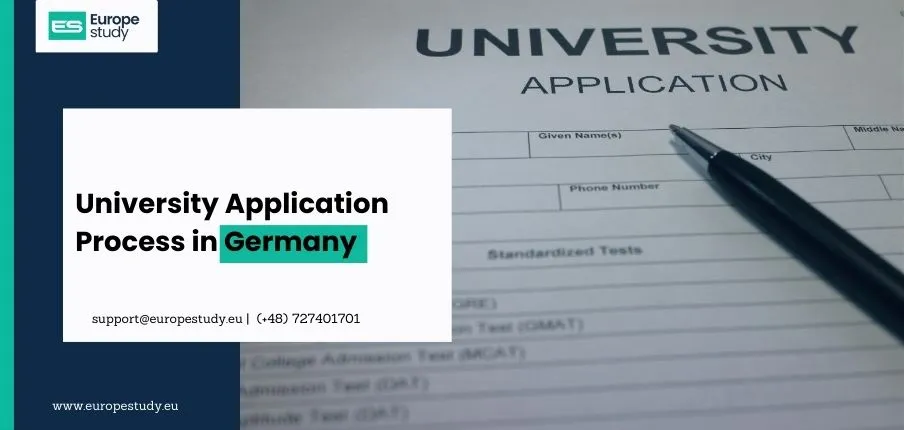
Requirements for a German Student Visa
If you plan to study in Germany, the visa requirements vary depending on your country of origin. Here is a breakdown of the necessary steps and documentation for both EU and non-EU students.
For Students from the EU (Including Norway, Iceland, and Liechtenstein)
Students from the European Union (EU) and associated countries do not need a visa to study in Germany. However, within a week of arriving, you must register with the local registration authority (Einwohnermeldeamt or Bürgeramt) in your city. To complete this process, you will need a registration document from your university.
If required, the Foreigners Authority (Ausländerbehörde) may issue a Freedom of Movement certificate for EU citizens. Additionally, you must prove that you have sufficient financial resources and have obtained statutory health insurance if you are under 30. In some cases, bilateral agreements between Germany and your home country may allow your existing health insurance to be valid in Germany.
Language proficiency is also a requirement. You must demonstrate your ability to understand and communicate in the language of instruction for your chosen course.
For Students from Outside the EU
If you are from Australia, Canada, Israel, Japan, South Korea, New Zealand, Switzerland, or the United States, you do not need a visa to enter Germany. However, upon arrival, you must register at the local Residents' Registration Office and the Aliens' Registration Office (Ausländeramt) to obtain a residence permit (Aufenthaltserlaubnis).
Students from Andorra, Brazil, El Salvador, Honduras, Monaco, San Marino, or Taiwan only require a student visa if they intend to work before or after completing their degree. They must also apply for a residence permit.
For all other countries, a visa is mandatory. You must obtain a National Visa for the purpose of study from the nearest German embassy before entering Germany. This visa is distinct from a Schengen Visa, which only allows a stay of up to three months.
Applying for a Residence Permit
To secure a residence permit in Germany, you will need to provide the following documents:
- Proof of registration at the Residents' Registration Office
- Proof of health insurance coverage (your university may assist with this)
- Proof of financial means
- Passport (with visa, if required)
- Tenancy agreement confirming your place of residence
The residence permit is valid for two years and must be renewed if you continue your studies beyond this period.
Visa Application Process
When applying for a student visa, you will generally need to present the same documentation as required for a residence permit. Depending on the embassy, you may also be required to provide evidence of a clean criminal record and good health. Ensure you apply for the correct visa type and meet all the specified requirements.
As with EU applicants, non-EU students must also demonstrate proficiency in the language of instruction for their course, and this proof may be required during the visa application process.
By understanding and fulfilling these requirements, you can ensure a smooth transition to studying in Germany, setting the stage for an enriching academic journey.





